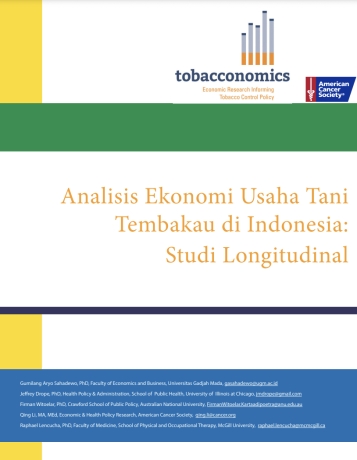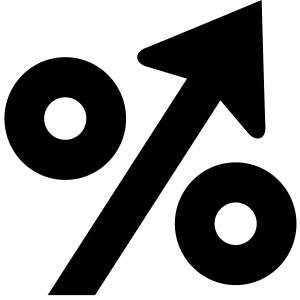

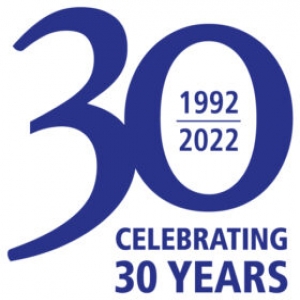
Tobacco Control Celebrates Thirty Years
Tobacco Control released its 30th anniversary issue this month, marking three decades of important research conducted across the globe to expose the dangers of the tobacco industry and provide evidence-based policy interventions. As editor-in-chief Dr. Ruth Malone notes in her editorial, this milestone calls for celebration of the policies and practices that have changed as a result of the impressive body of research published and the lives saved as a result. It is also, however, grounds for mourning as three decades later the tobacco epidemic persists and millions of lives continue to be lost to tobacco addiction and its secondhand effects. Read More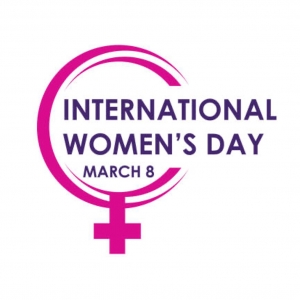
The Importance of Tobacco Control for Women in Low- and Middle-Income Countries
Happy International Women’s Day from Tobacconomics! Tobacco control is a critical issue for women’s well-being, making it an especially important topic of discussion for today. In 2020, 7.8%, or 231 million, women used tobacco globally. This translated to 1.51 million deaths attributable to smoking in 2019, most of which occurred in low- and middle-income countries. In fact, nine of the ten leading causes of death among women that year, are associated with tobacco use (graph below). Even these staggering statistics do not tell the whole story because women experience both direct and indirect harm from tobacco use. Below, we highlight the country-specific evidence produced by our think tank partners in low- and middle-income countries on the impact of tobacco on women. Read More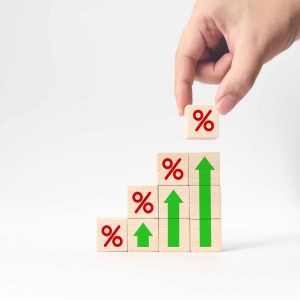
2022 Brings Some Modest Beneficial Cigarette Tax Increases
Since ringing in 2022, several new cigarette tax increases have taken effect around the world, marking progress in the use of fiscal policy to reduce tobacco use. As research continues to show, tax increases are the most reliable policy tool to encourage smokers to quit, discourage young people from trying cigarettes, and generate revenue to offset the public health costs of tobacco use. Further tax increases are needed in many countries to better prevent smoking, the world’s leading cause of death. Read More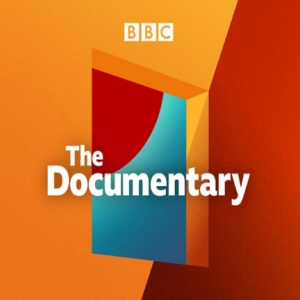
Challenges in Tobacco Control in Zambia
While countries around the world are seeing a decrease in smoking, Zambia is one of the outliers where smoking prevalence continues to increase. By 2025, the WHO estimates that there will be 300,000 new smokers in the country. Such trends are a reflection of deliberate efforts by multinational tobacco companies to expand their markets outside of high-income countries. Sub-Saharan African countries, such as Zambia, where the population is relatively young and regulation is minimal, provide ample opportunity for the industry to entice new smokers. Read More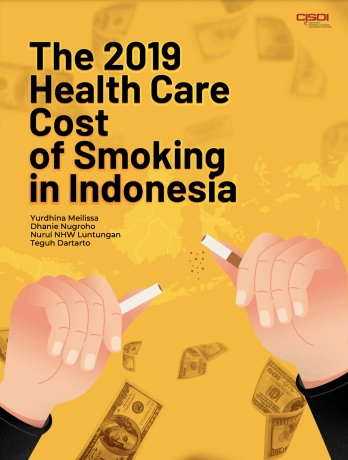
Indonesia’s Tobacco Tax Reform Took Effect at the Start of 2022 and Is Projected to Reduce Tobacco Use
Effective January 1, 2022, Indonesia increased its tobacco excise across cigarette types by an average of 12 percent. In addition, the number of tax tiers was simplified from 10 to 8, by combining SKM IIA and IIB, and SPM IIA and IIB. This tax reform is expected to reduce the production of cigarettes by 3 percent, and reduce the affordability of cigarettes, which in turn is expected to decrease smoking prevalence to 32.26 percent among adults and to 8.83 percent among young people. Read More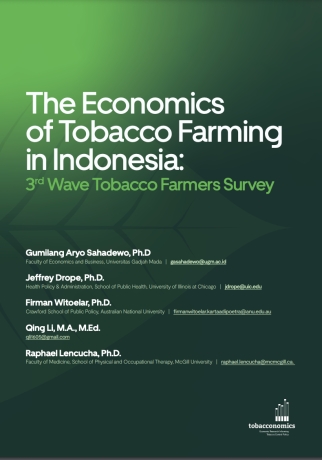
New Report on the Livelihoods of Tobacco and Former Tobacco Farmers Amidst Fierce Public Debates on Tobacco Taxes
Tobacco taxation is proven to be one of the most effective tobacco control policies. A significant increase in tobacco excise taxes typically increases tobacco prices, leading to decreases in tobacco consumption. Indonesia has recently made some advances in tobacco tax policy, while there remains significant room for improvement. The 2nd edition of the Tobacconomics Cigarette Tax Scorecard shows that Indonesia made some improvement between 2018 and 2020, including increases in cigarette prices, reduction of cigarette affordability, and an increase in the tax share of price, though some of the improvement in affordability was the result of economic decline at the beginning of the COVID-19 pandemic. The initial momentum of a good-sized excise tax increase was lost in 2021, when the Ministry of Finance reduced the increase to an average of 12.5%, which is not sufficient to stay ahead of inflation and economic growth. Importantly, there were no advances in efforts to reform the complex multi-tiered tax structure, which hinders the effectiveness of the tobacco excise tax policy, because it gives smokers many opportunities to “trade down” to cheaper products. Read More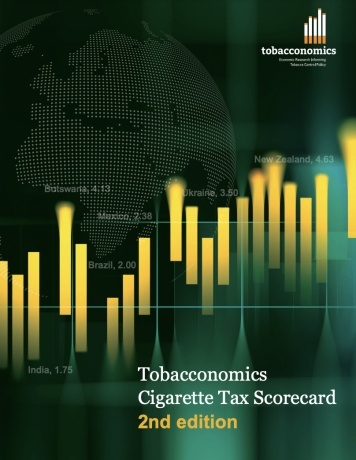
Cigarette Tax Scorecard (2nd edition): Modest Progress on Cigarette Taxes Should be Scaled Up
The second edition of the Tobacconomics Cigarette Tax Scorecard is out today and shows that governments have made insufficient progress in addressing the world’s leading cause of preventable death, even though the most effective tool—tobacco taxation—would reduce smoking and increase revenues. Read More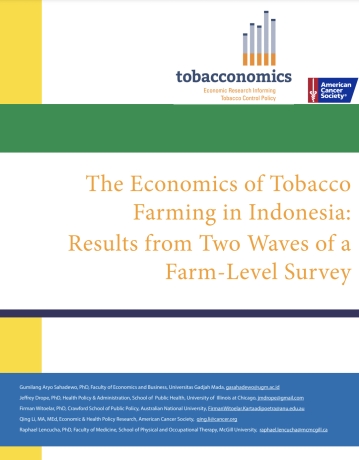
The Intersection of Tobacco Taxes and Tobacco Farming in Indonesia
Last month (December 2020), Indonesia’s finance minister announced a small increase in tobacco excise taxes—approximately 12.5% on average. Though the public health community typically welcomes any tax increase, to have a meaningful effect on tobacco prices and therefore consumption, increases must be larger than the ones proposed. To make tobacco taxation more effective, not only do increases need to be larger, there also needs to be an increased effort to simplify the tax structure as regulated on the now eliminated Excise Simplification Roadmap. The tiered structure with very different tax rates among cigarette and kretek products continues to generate opportunities for smokers to “trade down”—i.e., switching to cheaper kretek or cigarette brands. Read More